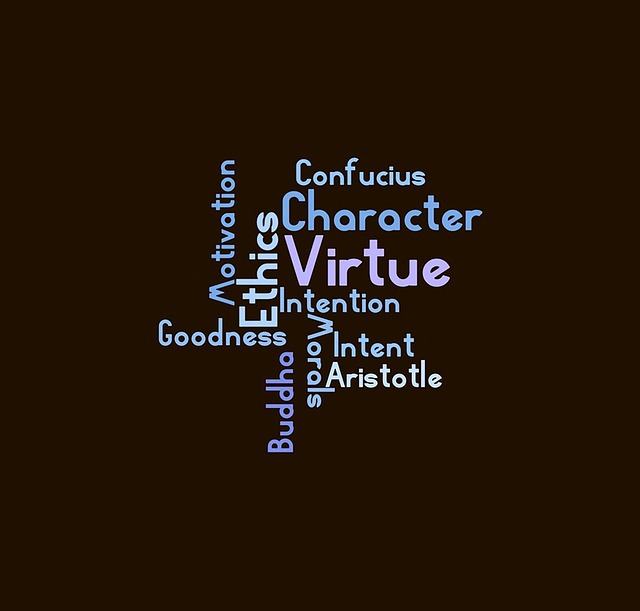In our fast-paced world, where extremes often dominate discourse and decision-making, the concept of moderation has become a lost art. We find ourselves bombarded by messages that either glorify excess or vilify restraint, but the truth lies in a nuanced understanding of balance. To grasp the essence of morality, one must first appreciate the subtle dance of moderation.
Moderation is not about settling for less; it is about finding harmony among competing values. In ethics, this balance can create a framework that allows us to navigate complex moral dilemmas with grace. Consider how often we swing from one extreme to another in our daily lives—whether in our relationships, our consumption, or our perspectives on social issues. This tug-of-war can leave us feeling fractured, clouded, and uncertain.
To embrace moderation in our moral choices, we need to pull back from the trenches of black-and-white thinking. Imagine a situation where someone faces a conflict between honesty and compassion. An extreme approach might demand brutal honesty at the expense of someone’s feelings, while the other would suggest a blatant disregard for the truth to avoid discomfort. However, a moderate stance respects both values, encouraging open communication while also considering the emotional impact on others.
Moderation empowers us. It allows us to listen and communicate effectively, instead of shutting down conversations with absolutes. By nurturing a space where differing opinions and experiences can coexist, we become more empathetic and understanding. This, in turn, weaves richer narratives in our relationships and interactions, cultivating a community grounded in respect rather than divisiveness.
Moreover, moderation fosters self-awareness. It prompts us to examine our motivations and the consequences of our choices, which is a vital aspect of ethical living. When we resist the lure of extremes, we gain clarity and perspective. For instance, in our quest for personal growth, we may feel tempted to adopt severe lifestyles—rigid diets, relentless work schedules, or strict moral codes. Yet, embracing a moderate approach allows for flexibility and encourages a sustainable path toward improvement.
In our search for meaning, let us not shy away from the uncomfortable task of introspection. The art of moderation in morality is not only about personal ethics but also about contributing positively to the wider world. It invites us to engage in dialogue where empathy reigns and solutions are discovered through collaboration, not confrontation.
As we navigate our lives, let’s remember that true wisdom lies in the middle ground. By recognizing the complex interplay of our values and seeking moderation, we enhance our moral compass and extend a hand to others on their journeys as well. It is through this delicate balance that we can foster a more just and compassionate world.




